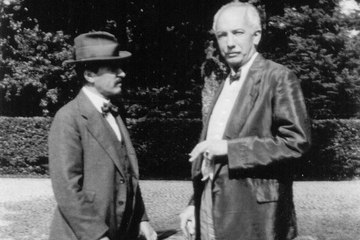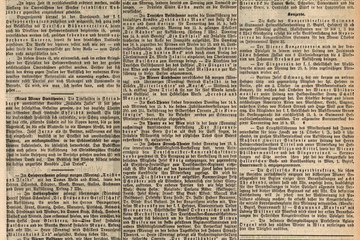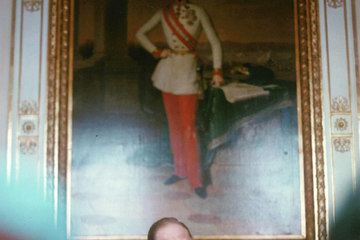‘It’s Hugo’s damned duty not to die for the fatherland before I’ve got my Act III.’ – Richard Strauss and the First World War
In an exchange of letters, the composer Richard Strauss and his librettist Hugo von Hofmannsthal (or in some cases Gerty, his wife) expressed their views on the First World War in a form which was sometimes ironic and sarcastic, sometimes patriotic. However, for Strauss what was most important was not so much commenting on contemporary events as the effect these had on his own personal state of mind.










